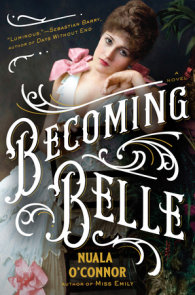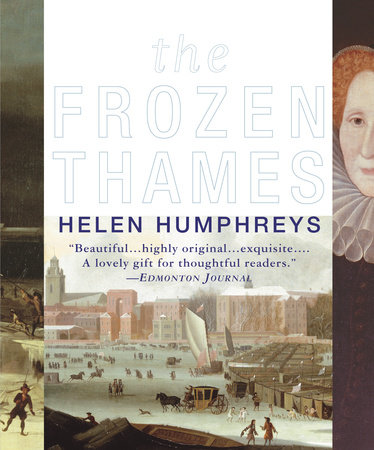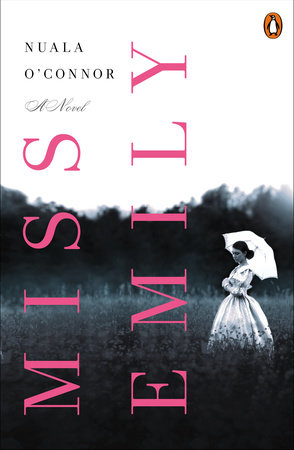

Miss Emily
By Nuala O’Connor
By Nuala O’Connor
Category: Historical Fiction | Literary Fiction

-
Jul 14, 2015 | ISBN 9780698182219
YOU MAY ALSO LIKE
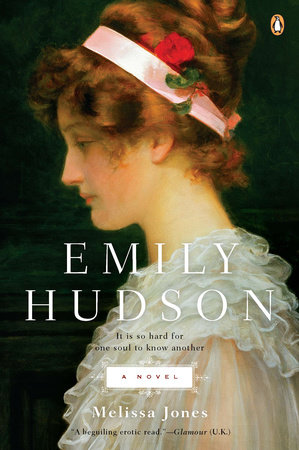
Emily Hudson
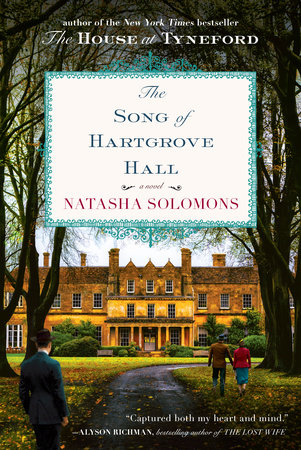
The Song of Hartgrove Hall
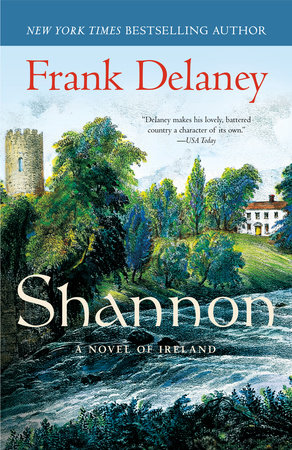
Shannon
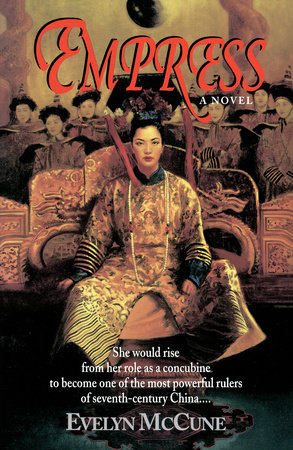
Empress
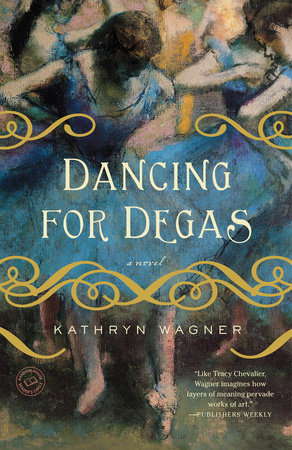
Dancing for Degas
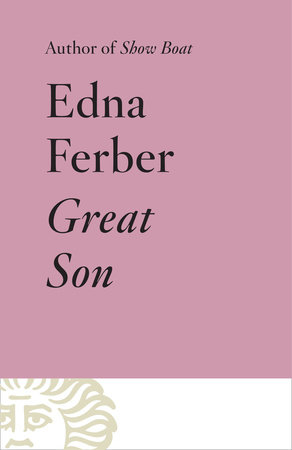
Great Son
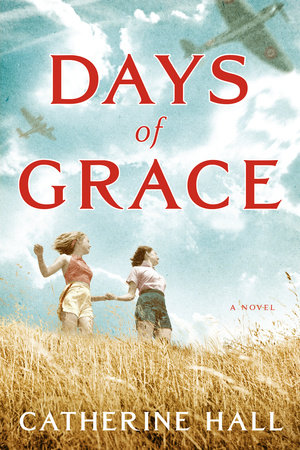
Days of Grace
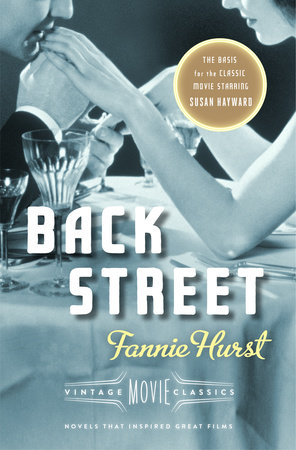
Back Street
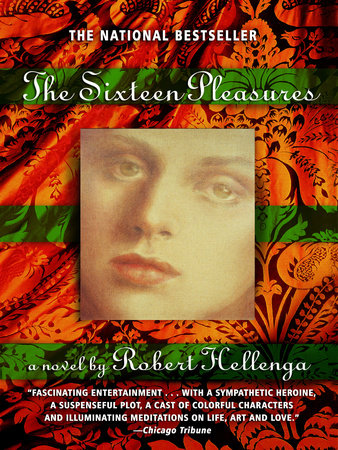
The Sixteen Pleasures
Praise
**An Amazon Canada and Globe & Mail Best Book of the Year**
“Nuala O’Connor’s lovely novel . . . pulls us in from its first limpid lines and then detonates with an explosion of power — much like Emily Dickinson’s poems. The novel captivates with its high emotions and rich images. Hope, Ada comments, ‘may be small and bald at first, but then it gathers feathers to itself and flies on robust wings.’ So, too, does O’Connor’s quietly soaring novel.”
–The Washington Post
“A beautifully imagined account of an unlikely bond.”
— People Magazine
“O’Connor is a gifted writer; not only does she bring a believable sense of poetry (clay is “deathly cool around my fingers”) and self-assurance to Emily, she is also capable of conveying complex feeling succinctly, a talent shared by her historical heroine. This novel has the possibility of being a book club juggernaut.”
– Publishers Weekly (starred review)
“A superb novel, I was captivated from the first page. With gorgeous, compelling period detail and graceful prose, Nuala O’Connor reimagines a friendship between one of our greatest poets and her Irish maid. With uncanny insight into the expected portrayal of a servant-mistress relationship, and in keeping with the power and beauty of Dickinson’s poetry, O’Connor celebrates her women with great delicacy and exuberance.”
—KATHLEEN GRISSOM, bestselling author of The Kitchen House
“A gorgeously rendered tale about a friendship between the real-life poet Emily Dickinson and the fictional Ada Concannon, this book is a celebration of relationships and art.”
— The Globe and Mail, A Best Book of the Year
“1800s Massachusetts comes to life, awash in rich period details and scenery, complete with a trip to the circus and lugging chamber pots up and down stairs. .. O’Connor does a beautiful job giving Ada a role as witness to Emily Dickinson’s life … making Ada’s chapters as linguistically alive as Dickinson’s. They hum with Irish sayings and their own poetic cadence, even sometimes becoming a reflection of familiar Dickinson themes. Ada’s observations on nature, loneliness and hope contain echoes of Dickinson’s poetry—while remaining distinct to her own narration. This is one of the book’s great strengths, a sort of mixing and matching of language and perspective.”
—The Rumpus
“Intriguing . . this tender novel reveals [a] growing friendship. O’Connor takes readers deep inside the 19th-century Dickinson household. But she also has a bolder mission–to capture and explore the inner world of a secretive and mysterious genius.”
— Shelf Awareness
“I read this wonderful novel in a gulp. Nuala O’Connor is a gifted storyteller with a poet’s eye for detail. We are offered a tantalizing glimpse into the private life of one of America’s greatest poets, but for me, the real triumph is the character of Ada, Emily’s young Irish maid. It’s Ada who is the heart of this novel. She’s as beautifully realized as the gingerbread she so meticulously bakes with Emily. I can’t wait to read what O’Connor writes next.”
—NATASHA SOLOMONS, New York Times bestselling author of The House at Tyneford
“Beautifully written and utterly compelling, this vivid portrait of Emily Dickinson examines her humanity, complexity and profound relationship with words. Told in her own eloquent voice and that of her trusted maid, Miss Emily deftly braids together the stories of two intriguing women in this highly accomplished novel.”
—CATHY MARIE BUCHANAN, New York Times bestselling author of The Painted Girls
“Nuala O’Connor’s Miss Emily is evocative, thought-provoking, and beautifully rendered; a poignant portrait of two very different women, drawn together in unlikely friendship by a common strength of spirit and mind. Readers will delight in this richly imagined glimpse into the worlds–both inner and outer–of the immortal Emily Dickinson. I wanted to race through the novel, and yet, the language was so engrossing that I forced myself to slow down, just enough to savor each sentence.”
—ALLISON PATAKI, New York Times bestselling author of The Traitor’s Wife and The Accidental Empress
“Revelatory… a moving and often engrossing tale of the bonds of friendship, the power of language, and the intricacies of the human heart.”
—Irish America Magazine
“All aspects of the book—characterization, prose, setting and storyline—are in top form, setting this author apart from many who take on a rehash of a well-known and documented historical figure. Lyrical and beautifully written, this story should not be missed by fans of Emily Dickinson, or anyone simply looking for a great historical read.”
—Historical Novels Review
“Miss Emily is a triumph of a novel, creating an utterly human and believable Emily Dickinson through the eyes of an enchanting and complex fictional Irish woman. Their story is smart and witty and harrowing and brilliantly revelatory of the interplay of life and inspiration in a nascent great artist. And all this is done in prose that has the same condensed, particularizing power of Dickinson’s poetry. Nuala O’Connor has long been one of my favorite contemporary Irish writers. She will certainly find an ardently admiring American audience with this extraordinary novel.”
—Pulitzer Prize-winning author ROBERT OLEN BUTLER
“Beautifully and convincingly evokes the startling, luminous world captured in Dickinson’s poems in the alternating voices of Emily and Ada, who share a passionate nature at odds with proper Amherst society.”
—Library Journal
“O’Connor breathes new life into reclusive poet Emily Dickinson in her mesmerizing U.S. debut. Like one of Dickinson’s poems, the deceptively simple narrative packs a powerful punch… The dual perspectives add an Upstairs, Downstairs depth to the novel.”
— Booklist
“In this gem of a novel, Emily Dickinson befriends Ada Concannon, who was hired as the family’s kitchen girl almost immediately after she arrived from Ireland. Later, an act of raw violence will ripple outward, resulting in consequences that neither Ada nor Emily could have imagined.”
– Christopher Rose of Andover Bookstore, for the Boston Globe “Pick of the Week”
“This is not your grandmother’s genteel historical novel. In its own way, there’s as much intrigue and excitement in Miss Emily as one finds in any thriller. O’Connor’s facility with both language and the nuances of character rewards the reader with two feisty, vivid heroines with very different experiences and social positions, yet who form a friendship across class lines. An excellent novel from Nuala O’Connor, and one that should make her name in America.”
– A Trip to Ireland blog
“A jewel of a novel, Miss Emily by Nuala O’Connor is a fascinating, heartfelt, and captivating glimpse into the mind and heart of Emily Dickinson, one of America’s most beloved poets, interwoven with the story of her spirited, witty, and devoted Irish maid, Ada. With its luminous prose and sympathetic, realistically drawn characters, you will feel yourself irresistibly drawn into Emily’s and Ada’s private worlds with every turn of the page.”
—SYRIE JAMES, bestselling author of Jane Austen’s First Love and The Lost Memoirs of Jane Austen
“This beautifully-crafted biographical novel vividly evokes Emily Dickinson and her world: her obsessive solitude, her sensual relationship with her sister-in-law, her conflicted relationship with her brother, and, most central, her companionable friendship with Ada, a spunky and superstitious Irish maid. Alternating between the stories of Emily and Ada, the novel brims with the charming details of their domestic life, the unfolding of a sweet romance, yet also, ultimately, brings to light the tragic effects of a violent reality that most often goes unmentioned, even today. This is an intensely engaging, emotional and important story, exquisitely rendered. Brilliant!”
—SANDRA GULLAND, author of the internationally bestselling Josephine B. Trilogy
“Miss Emily presents its readers with a version of Emily Dickinson for the twenty-first century: an intensely private and reclusive woman who was as determined to live according to her own idiosyncratic rules, as she was to engage on her own terms with the world outside her Amherst home. In the spirit of her beloved Elizabeth Barrett Browning and George Eliot, this fictionalized Dickinson crosses class, national, and religious lines to reach out to her Irish maid Ada with compassion, empathy, and humanity. In eloquent prose, O’Connor has depicted a life-changing encounter between two very different women that celebrates their complexity, passion, and strength.”
—DR. PARAIC FINNERTY, Professor of American Literature, University of Portsmouth and author of Emily Dickinson’s Shakespeare
“Like a Dickinson poem, Miss Emily seems at first a simple story of friendship, but gradually reveals itself as a profound meditation on the human condition. O’Connor accomplishes this unfolding, just as Dickinson did, with her exquisite use of language. I lost myself in the beautiful detail of 1860s Amherst, a cast of characters that leapt off the page with life, and the constant reminder that words, properly wielded, can transcend time, transmit love, and, above all, inspire hope.”
—CHARLIE LOVETT, New York Times bestselling author of The Bookman’s Tale
“The structure of the book is reminiscent of one of Emily Dickinson’s poems, a lyrical dialogue between two distinct voices. Ada and Emily are divided by class, ethnicity, learning, circumstance; but a deep empathy and shared humanity unite them as women. This is a bittersweet story of repressed passion, thwarted opportunity, and the selflessness that is the essence of love.”
—STEPHANIE BARRON, bestselling author of the Being A Jane Austen Mystery series
—JENNIFER KAUFMAN and KAREN MACK, authors of Freud’s Mistress
“Miss Emily is an intricate, intimate novel that, in its careful attention to language, pays homage to our most American poet’s extraordinary work. There are references to that work, rewards to true Dickinson aficionados, secreted in O’Connor’s prose, but this novel achieves a broader aim too: it tells a story of friendship that keeps us turning the pages.”
—KELLY O’CONNOR MCNEES, author of The Lost Summer of Louisa May Alcott and The Island of Doves
“Secrets will always out. In the same way as Emily Dickenson’s poems were once the best kept secret in Massachusetts, Nuala O’Connor’s luminous prose has long been one of Ireland’s most treasured literary secrets. Now through her superb evocation of 19th century Amherst, an international audience is likely to be held rapt by the sparse lyricism and exactitude of O’Connor’s writing. Through a fusion of historical ventriloquism and imaginative dexterity, O’Connor vividly conjures up – in the real-life Emily Dickinson and the fictional Ada Concannon – two equally unforgettable characters who pulsate with life in this study of the slowly blossoming friendship between a delicate literary recluse and a young Irish emigrant eager to embrace the new world around her.”
—DERMOT BOLGER, playwright and author of The Journey Home and The Venice Suite, among others
“I finished this morning and had to write to you straight away! My goodness—what a wonderful, wonderful book. I feel so privileged to have read it; I honestly cannot praise this book enough. Nuala O’Conner’s beautiful writing sings from every single page as Emily and Ada’s fascinating story unfolds. An absolute joy to read—I will be telling everyone about this book.”
—HAZEL GAYNOR, New York Times bestselling author of The Girl Who Came Home
“An original portrayal of Emily Dickinson seen here not just as a lover of words, but as a heroine and friend to a plucky Irish maid who casts a new and sympathetic light on the Belle of Amherst.”
—SHEILA KOHLER, author of Becoming Jane Eyre
“Nuala O’Connor casts a keen, compassionate eye below the veneer of domesticity to illuminate the passion, pain, and life force behind the poetry of Emily Dickinson. Quietly elegant and moving, poignantly humane, Miss Emily is a rare gift.”
—ANIA SZADO, author of Studio Saint-Ex
“O’Connor writes beautifully and manages to balance fact and fiction with a deft hand. Miss Emily should delight fans of both Emily Dickinson and creative writing. The novel is moving and, like the best fiction, feels rooted in the truth of human emotion.”
— The Greenfield Recorder
“Approaches the challenges involved in fictionalizing Emily Dickinson with sensitivity and a deft hand. . . . Well-paced . . . and evocative.”
—The Emily Dickinson Journal
21 Books You’ve Been Meaning to Read
Just for joining you’ll get personalized recommendations on your dashboard daily and features only for members.
Find Out More Join Now Sign In






